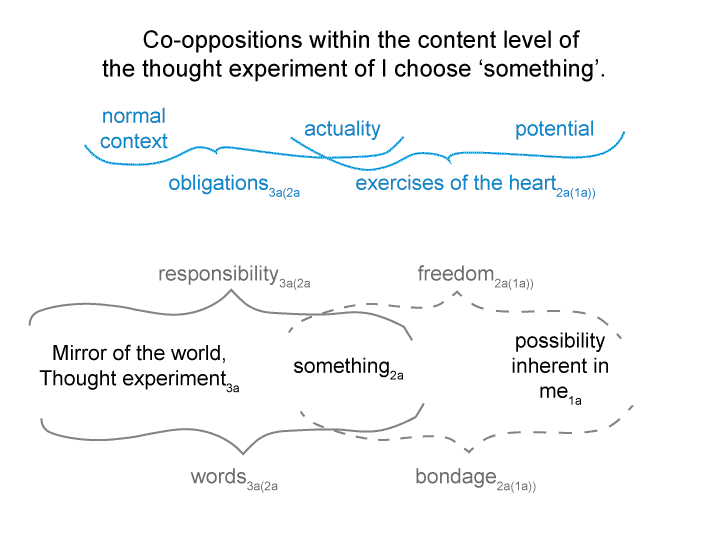Man and Sin by Piet Schoonenberg (1964) 2.3 RP
Summary of text [comment] pages 83 and 84
[Obligation and responsibility are two words do not seem that much different in our modern lexicon.
They have been rendered equivalent due to the modern opposition of responsibility versus freedom.]

